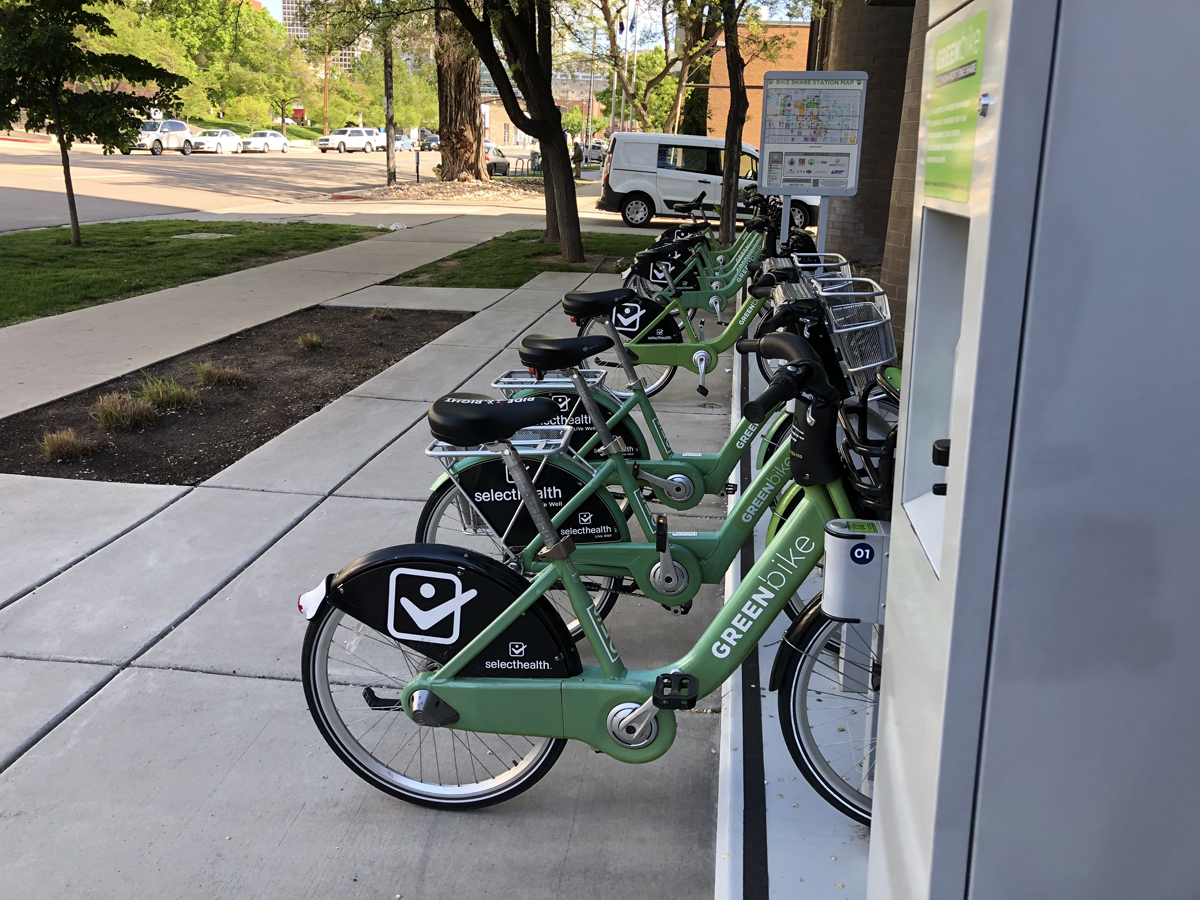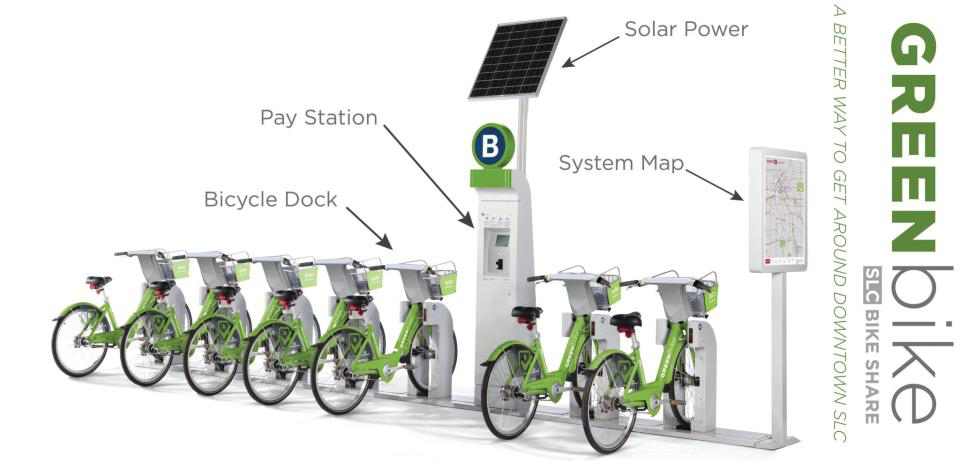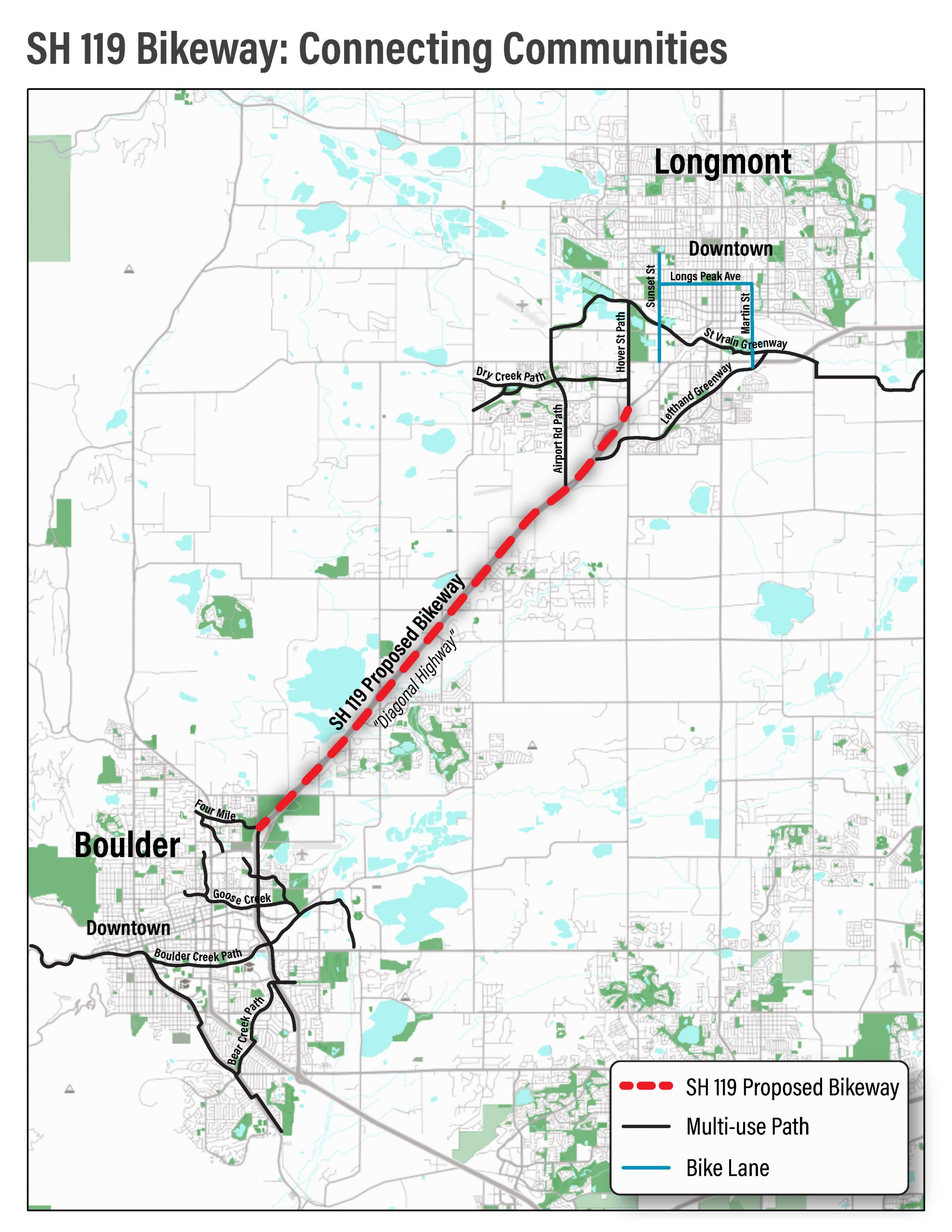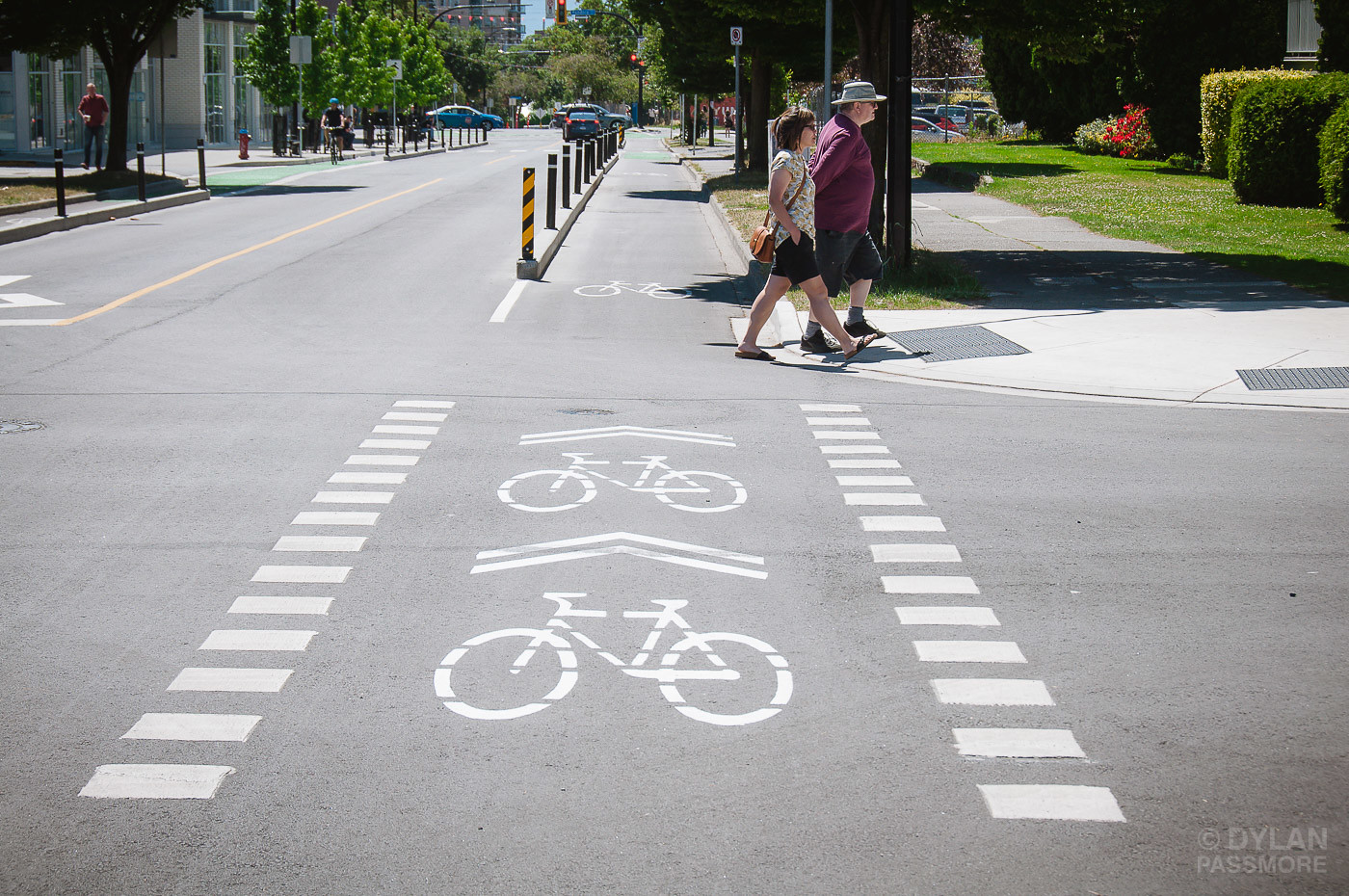By Charles Pekow — Subsidies to either riders or operators of bikeshare systems are needed to tell us more about how systems can best operate in the long term. So suggests a report from the National Academy of Sciences (NAS), The Role of Transit, Shared Modes and Public Policy in the New Mobility Landscape. “Unanswered questions are society’s commitment to provide the funding for such subsidies and who should pay what kinds of taxes, charges, and fees to fund them,” the paper says.

While bikeshare has grown in popularity over the last decade, the increase has been somewhat slowed since 2018 with the arrival of e-scooters. While most early programs required docking, more recent ones involve dockless bikes. Results are mixed. On the one hand, dockless programs make bikes more available throughout cities. But they also get dumped in places that can obstruct sidewalks, making transportation difficult especially for people with mobility issues, NAS reported. (If docks aren’t located well, they can also obstruct people.)
 As a rule of thumb, NAS found that docked systems tend to receive more public subsidies than dockless ones. Cities also varied in if or how they required providers to serve all or specific neighborhoods.
As a rule of thumb, NAS found that docked systems tend to receive more public subsidies than dockless ones. Cities also varied in if or how they required providers to serve all or specific neighborhoods.
The report says isn’t clear is if dockless systems will work outside central cities without substantial public transit.
Note: NAS largely completed the research before the COVID-19 pandemic so its findings don’t include how that may affect the future of transportation. Download the report at https://www.nap.edu/download/26053 (free registration required).







